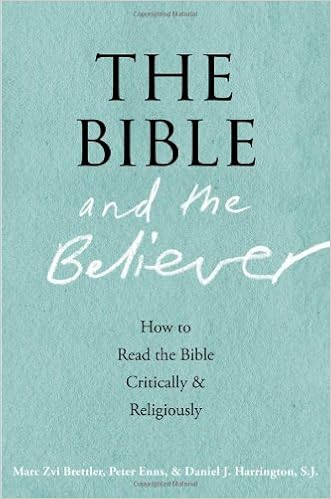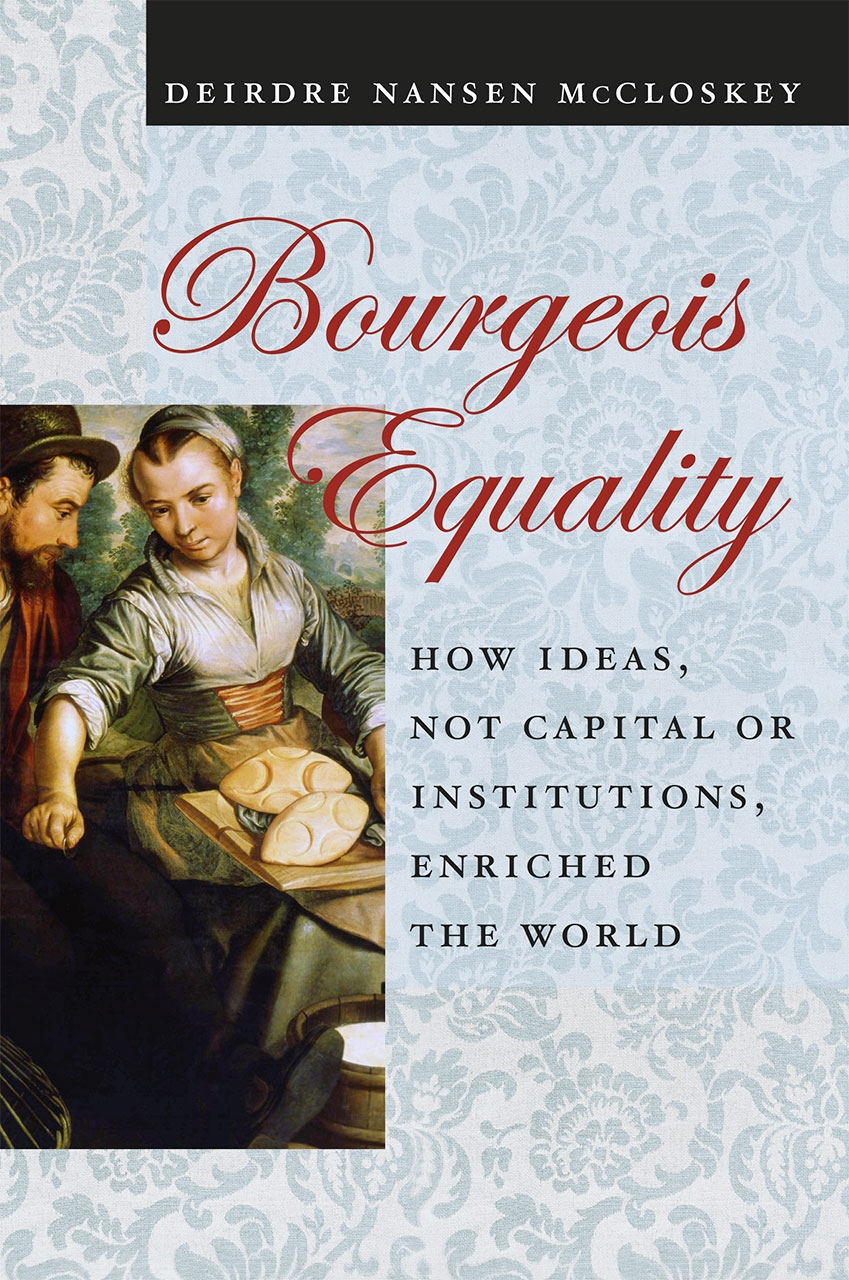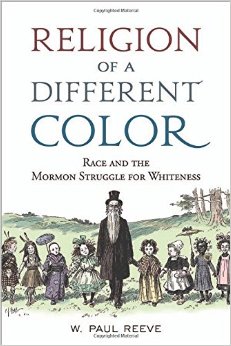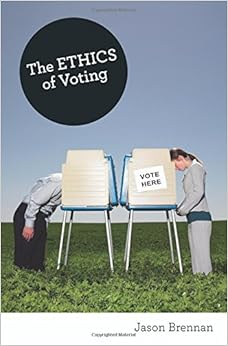
Yo-Yo Ma is one of the best and most popular cellists in the world. With the brand new documentary The Music of Strangers out this month (from the same creators of the incredible 20 Feet From Stardom), Ma sat down with Harvard Business Review for an enlightening interview in the June 2016 issue. Here are some of his insights on:
- Fruitful collaboration: “Two words: ego management. It’s easy to get locked into “in my world” or “this is the way I see it,” so you have to move your brain to a different time or structure. If you were nine years old and suddenly went to a new environment, yes, you would make comparisons, but your mind would still be in a somewhat spongelike state, as opposed to a judging one. It’s absorption versus critical thinking.”
- Collaborators: “First I look for generosity; second, mutual respect and admiration. You might do something incredibly well, but if you’re a schmuck, if I don’t think we’d enjoy having dinner together, it’s not a complicated decision.”
- Risk: “Bobby McFerrin, a one-man orchestra and improviser, once asked me, “What are you doing that’s interesting?” Inherent in that question is the assumption that you can do a lot that isn’t interesting. All great music is the result of successful invention…If you deliberately limit your experiences, your reporting will be limited.”
- Practice: “[B]e tactilely engaged in engineering a solution, translating it to physical sound in physical space in the most efficient way, moving your fingers, arms, and body to elicit that which is in your head. That kind of practicing is deeply fulfilling. It’s not emergency practicing. It’s more like information becomes knowledge becomes love. The final achievement is to say, “I truly love this, and I have enough mastery to be able to share that love with someone else.””
- Performance: “You have a responsibility, one, to know what the narrative is and make sure you’re telling the story and people are receiving it, and two, if anything impedes the narrative, to fix the problem.”
- Avoiding burnout: “By retooling goals.” (I’ll let you read the entire paragraph is see how he has done this over the decades.)
- Being a leader: “I just see myself as a human being trying to play my part. I am happy to share what I know and to work with people and be part of a movement in the arts and sciences, humanities, and technology that uses great thinking and invention to solve intractable social problems. But I don’t see myself as much of a leader. I don’t like to make pronouncements.”
- Travel (life?) tips: “Don’t worry about the things you can’t control. When the inevitable delays happen, when something horrible goes on, just go into neutral and choose the high road. The other way never helps. Always go to the next time zone, and always carry on everything you need.”
And much more. Check out the full interview.

 This is part of the
This is part of the  In
In 


 As I’ve
As I’ve 